1. Garlic
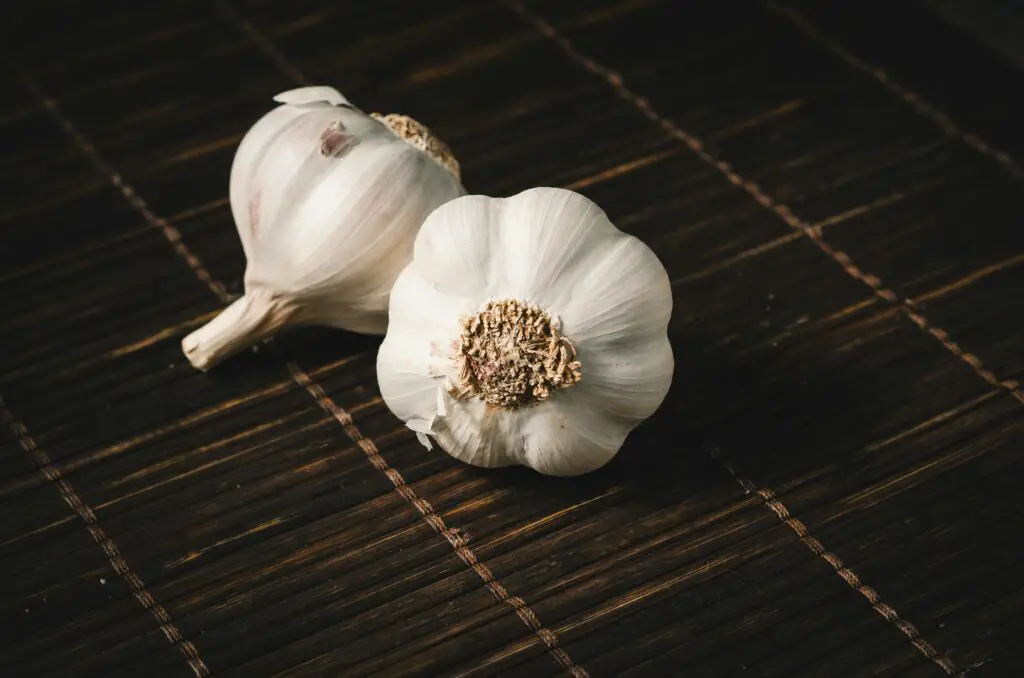
Garlic has long been associated with mystical properties, especially in European folklore. It was believed to ward off evil spirits, vampires, and even disease. In ancient times, people would hang garlic cloves in their homes or wear them as amulets for protection. The Egyptians, Greeks, and Romans were especially fond of its health benefits, with some even using garlic in their religious rituals shares Healthline.
Beyond protection, garlic was also thought to enhance strength and bravery. Ancient soldiers consumed it before battle, believing it would make them invincible. Its reputation as a powerful magical food still lingers in modern culture, from its use in charms to its status as a natural remedy for countless ailments adds the Magick Kitchen.
2. Honey
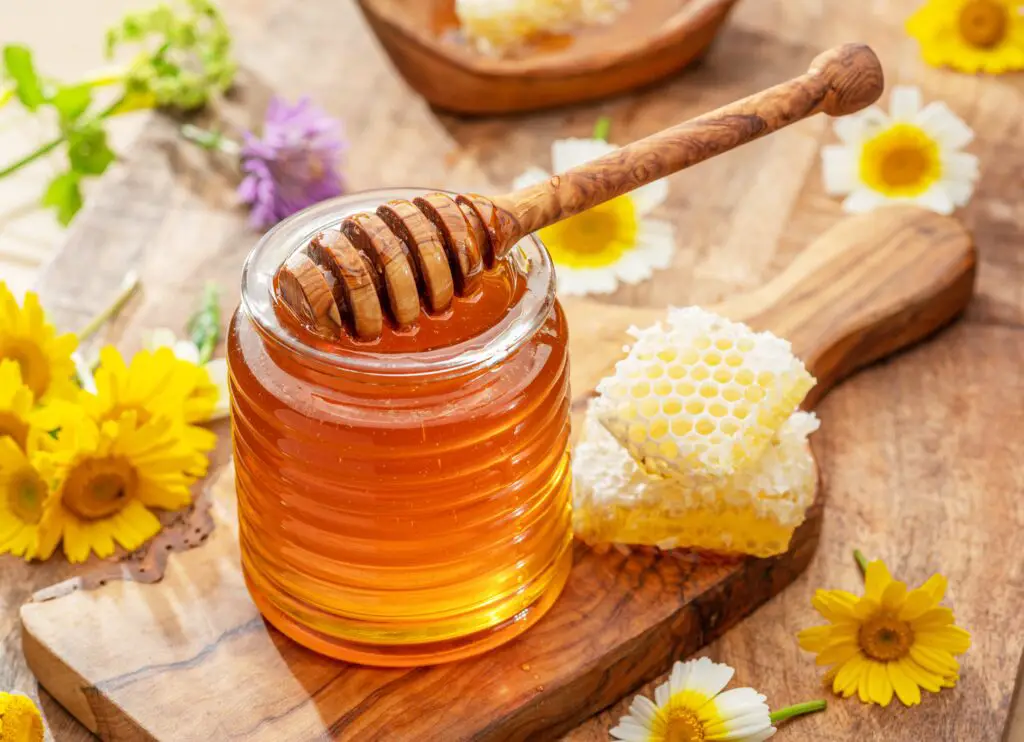
Honey was revered in many ancient cultures for its supposed magical properties. The Egyptians considered it an offering to the gods and used it in embalming, believing it had the power to preserve the soul. Ancient Greeks used honey as a symbol of prosperity and wisdom, often offering it to their deities. It was also believed that consuming honey could bring immortality or eternal youth shares Witch Way Witchery.
In addition to its spiritual significance, honey was also thought to possess healing powers. Ancient healers used it to treat wounds and digestive issues, and it was often included in potions to enhance fertility or boost energy. Its connection to divine power and life-giving properties has made honey a staple in magical traditions for millennia adds VeryWell Health.
3. Pomegranate
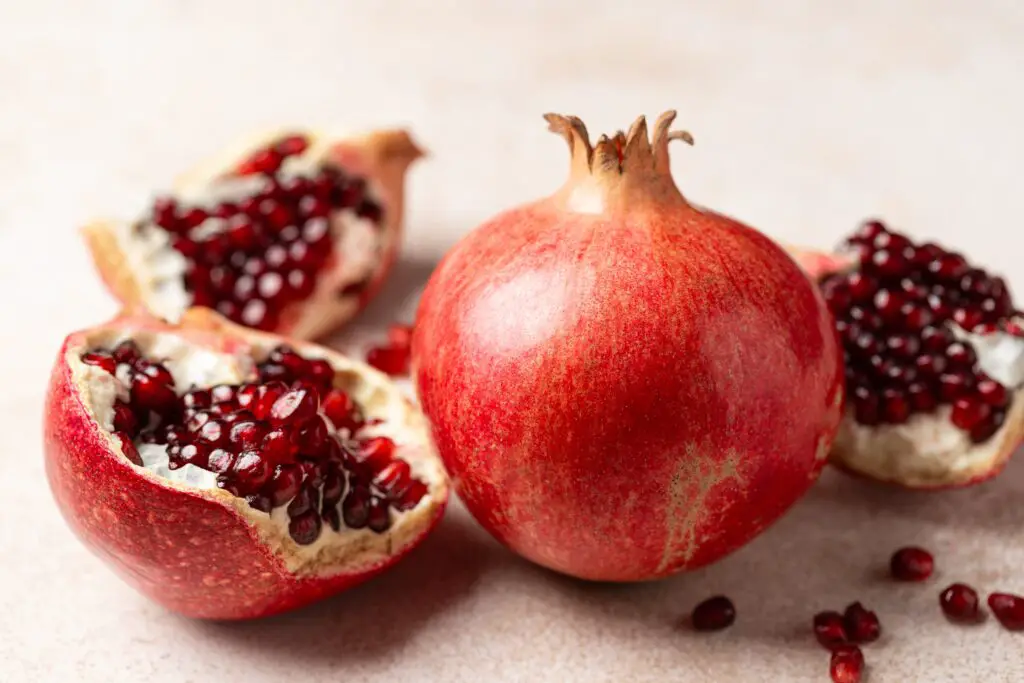
In Greek mythology, the pomegranate is the fruit of the underworld, linked to the goddess Persephone. It was thought that eating pomegranate seeds could ensure a connection to the divine and the afterlife. This belief transcended Greek culture, as ancient Persians also considered the fruit to be a symbol of fertility and immortality.
The fruit’s vibrant red color further added to its mystical reputation, symbolizing life, blood, and rebirth. Many ancient cultures believed that consuming pomegranate could bring health, vitality, and protection from evil. Its magical associations continue today, with pomegranates appearing in rituals and symbols worldwide.
4. Saffron
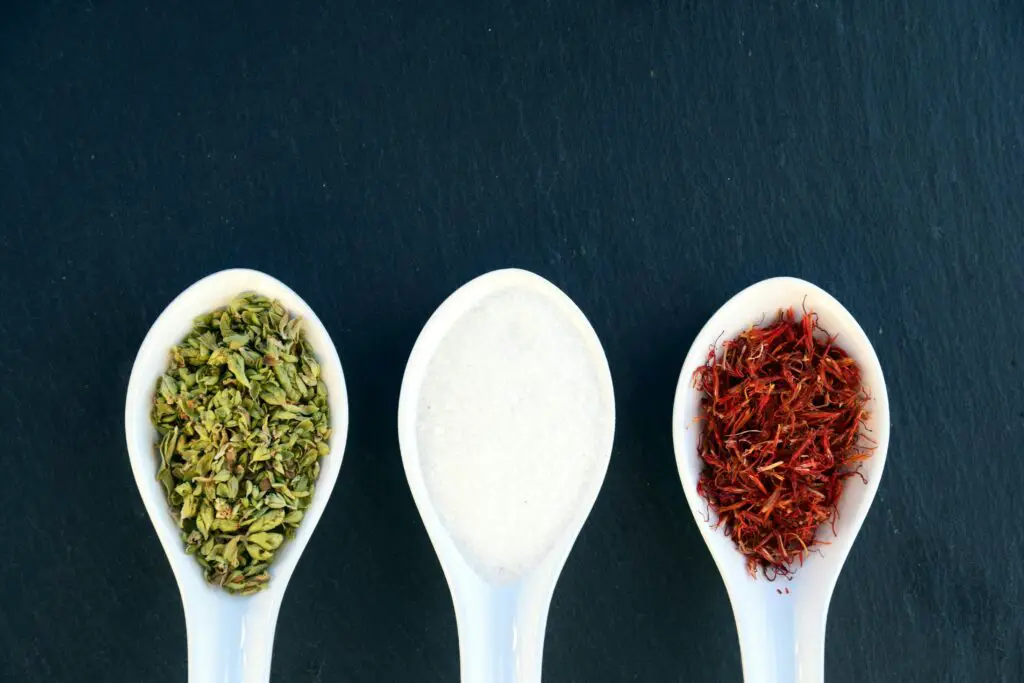
Saffron was once considered more precious than gold and was believed to possess potent magical abilities. The ancient Egyptians used it in their perfumes and cosmetics, believing it could elevate their connection to the gods. Saffron’s rich, golden hue was thought to hold the power to ward off evil, and it was often included in healing potions and rituals for its purported ability to enhance mental clarity and healing.
In addition to its physical benefits, saffron was thought to have aphrodisiac properties. Ancient cultures believed it could spark passion and vitality, making it a popular ingredient in love potions. Its long-standing association with royalty and the divine only solidified saffron’s magical reputation.
5. Lotus Root
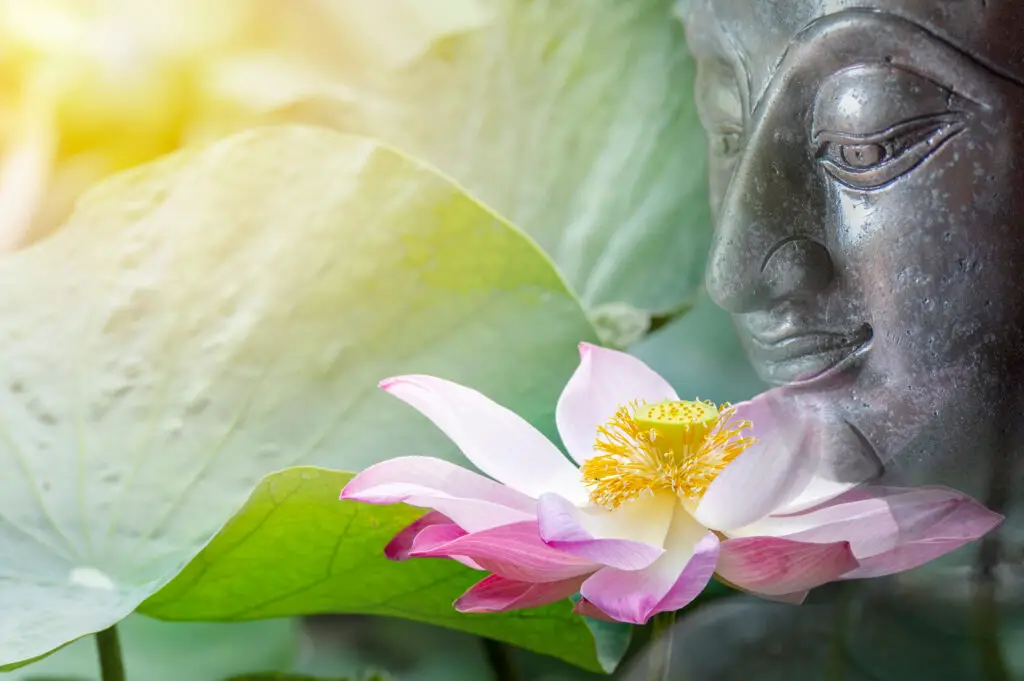
The lotus flower has been a symbol of purity, enlightenment, and rebirth in many ancient cultures. Its root, which grows underwater, was considered a sacred food with magical properties. In ancient Egypt, the lotus was seen as a symbol of the sun and rebirth, and its root was used in religious rituals for protection and healing.
In Eastern traditions, particularly in China, the lotus root was believed to promote balance and harmony. Consuming it was said to cleanse the body and spirit, helping to cultivate longevity and spiritual growth. The lotus root’s ability to thrive in muddy waters added to its symbolism of rising above adversity and achieving enlightenment.
6. Mushrooms
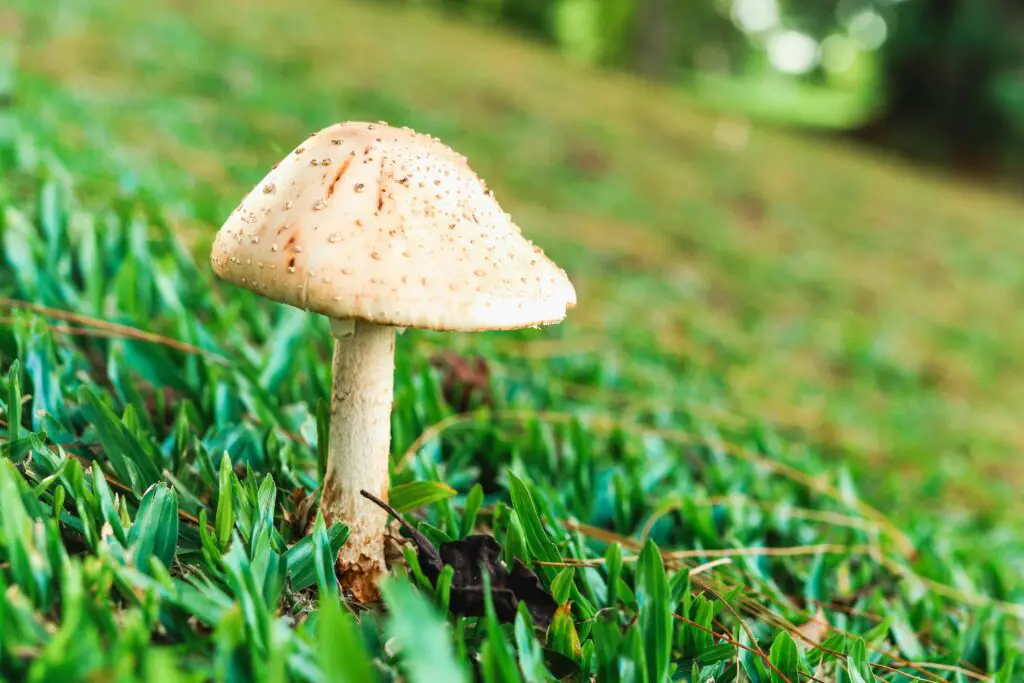
Ancient cultures have long held mushrooms in mystical regard, often associating them with gods, spirits, and the afterlife. The ancient Egyptians believed mushrooms were food fit for royalty and considered them sacred. In ancient Greece, mushrooms were associated with the gods, particularly the god of wine, Dionysus, and were thought to offer supernatural strength and vitality.
In other parts of the world, mushrooms were seen as a gateway to the spiritual realm. Shamanic traditions often used psychedelic mushrooms to enter altered states of consciousness, believing they could facilitate communication with the divine or the dead. This magical reputation for enhancing spiritual insight has persisted across cultures throughout history.
7. Dates
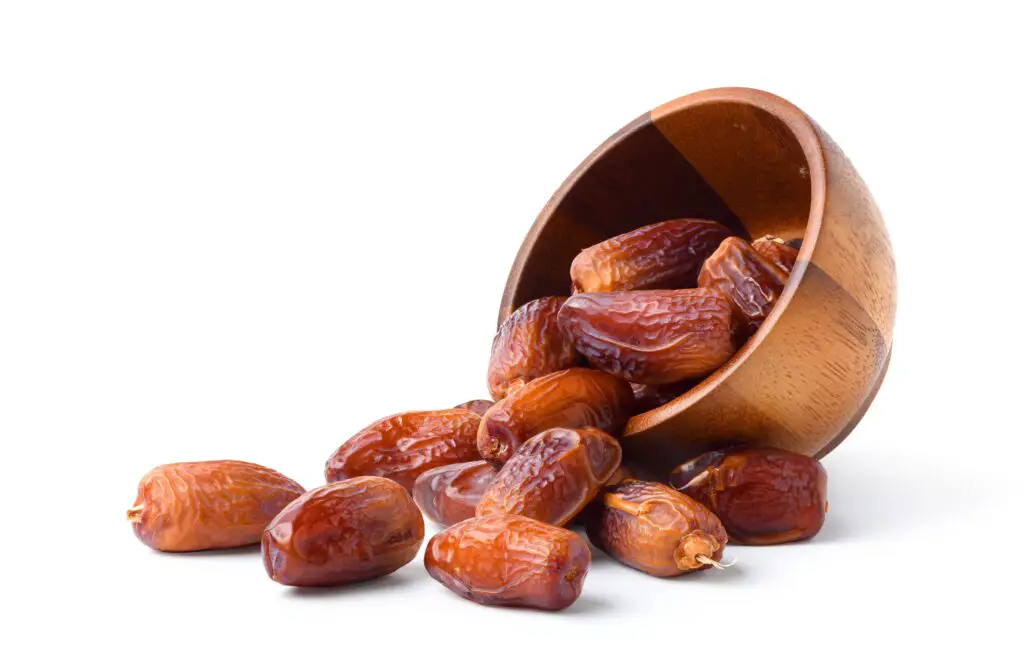
Dates were prized in ancient Middle Eastern cultures, where they were not only a vital food source but also believed to hold mystical powers. In the Bible, dates are often referred to as a symbol of prosperity, and they were frequently used in religious offerings. Ancient civilizations saw dates as a connection to the divine, associating them with fertility, strength, and longevity.
In addition to their spiritual significance, dates were thought to bring good fortune and protection. They were often included in wedding feasts or celebrations for new beginnings, believed to bring blessings of health, wealth, and happiness. Their rich, sweet flavor and abundance in desert regions made them a powerful symbol of life and sustenance.
8. Almonds
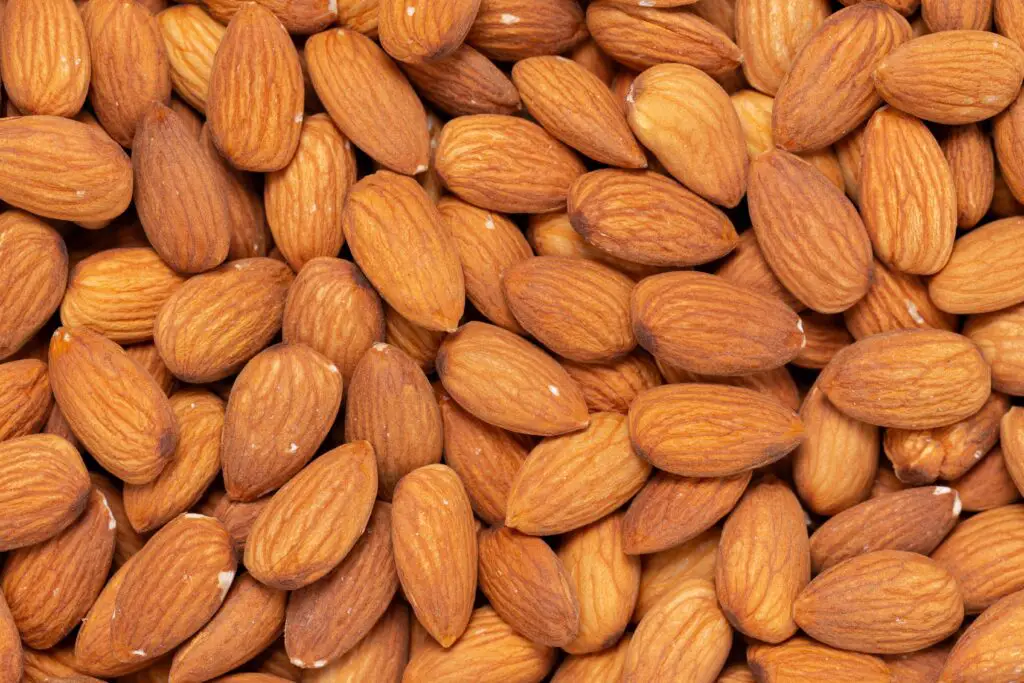
Almonds have been linked to magical and protective qualities for thousands of years. In ancient Greece, the almond was associated with the goddess Aphrodite, symbolizing beauty, love, and fertility. It was believed that eating almonds could attract good fortune, enhance physical appearance, and even bring romantic luck.
In the Middle Ages, almonds were often used in potions and rituals designed to protect against evil spirits. The almond tree itself was considered sacred in many cultures, symbolizing rebirth and hope. Today, the magical associations of almonds still persist in some cultures, where they are used in various traditions for luck and well-being.
9. Cinnamon
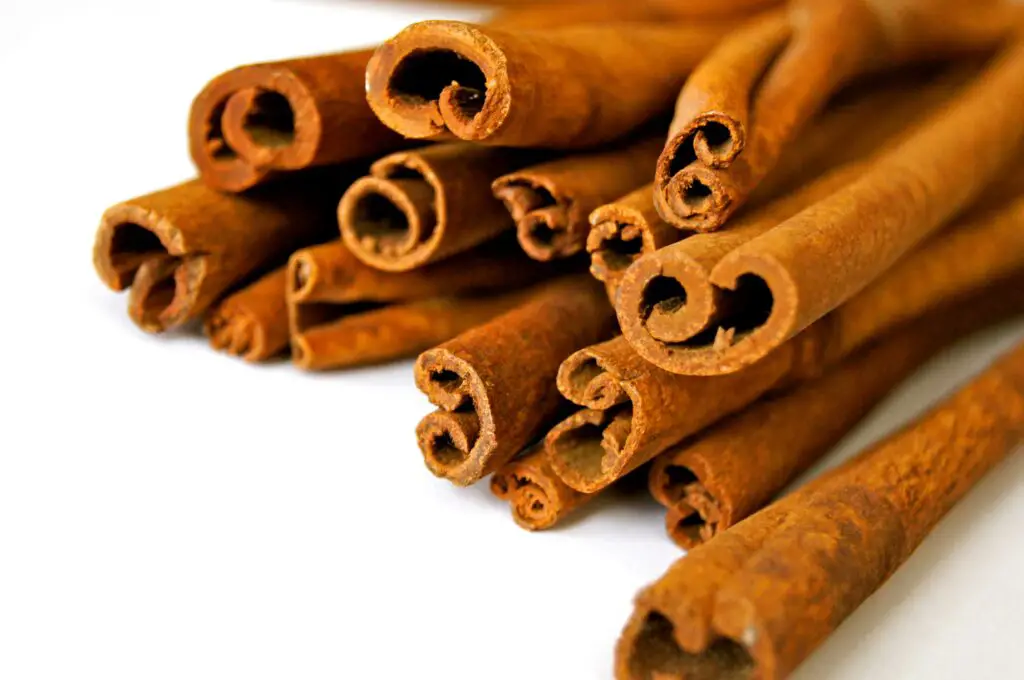
Cinnamon was once considered a rare and valuable spice, steeped in magical traditions. The ancient Egyptians used cinnamon in their embalming process, believing it could protect the soul in the afterlife. Similarly, in ancient Greece and Rome, cinnamon was used in religious rituals to invoke the gods and ensure divine favor.
The spice was also thought to possess healing properties, often used to treat ailments like colds and digestive issues. It was believed to be a powerful aphrodisiac, capable of igniting passion and desire. The mystical qualities attributed to cinnamon made it a highly coveted ingredient in ancient magical and medicinal practices.
10. Cacao
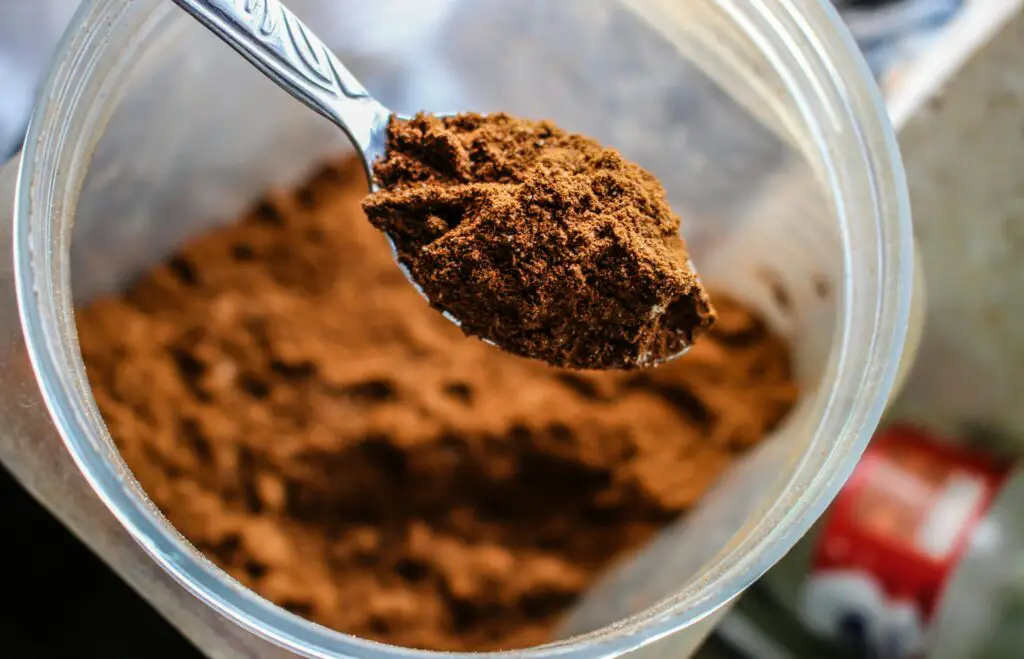
The ancient Mayans and Aztecs regarded cacao, or chocolate, as a gift from the gods. It was believed to have both physical and spiritual benefits, and cacao beans were used as currency in some cultures. The Aztecs even drank a bitter form of chocolate, often mixed with spices, during religious ceremonies to connect with their gods.
Cacao was associated with fertility, vitality, and energy. The Mayans believed that consuming chocolate could enhance strength and endurance, making it a popular food for warriors. Its mystical reputation as a source of divine power has persisted, and cacao is still celebrated today in various cultural rituals around the world.
11. Olive Oil
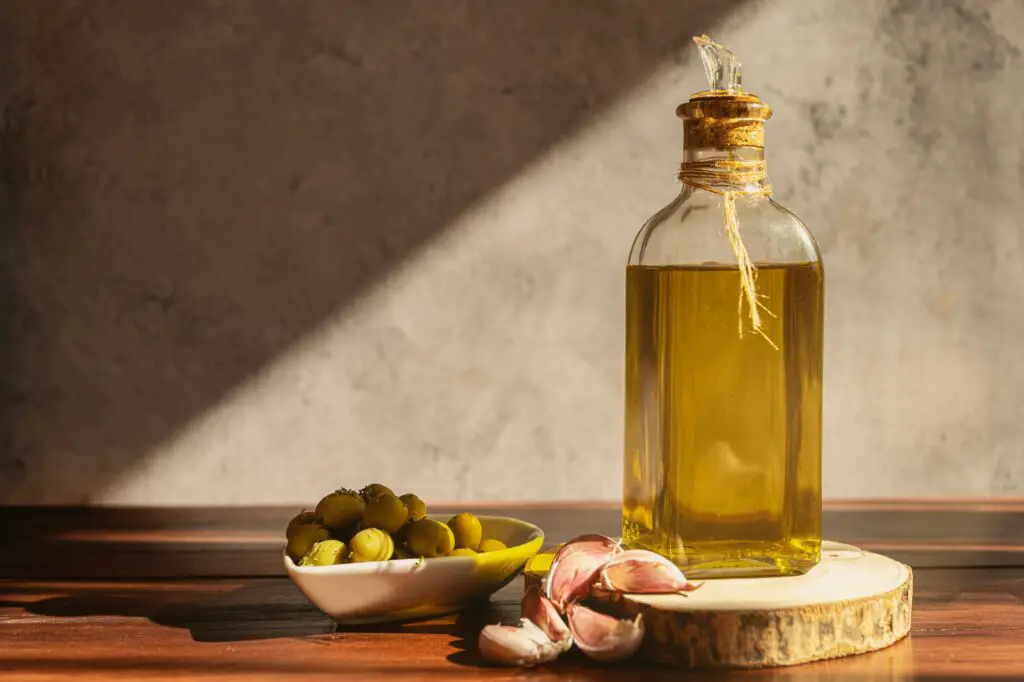
In ancient Greece, olive oil was not just a culinary staple but also a sacred substance with magical properties. It was used in religious rituals, anointing kings and athletes, as well as in healing practices. The olive tree itself was considered sacred, and its oil was thought to symbolize peace, prosperity, and divine favor.
Olive oil was also believed to have protective qualities, both physically and spiritually. It was used in various potions and ointments to promote good health, protect against illness, and ward off evil spirits. Its long-standing association with purity and wisdom has kept olive oil at the heart of Mediterranean and mystical traditions for centuries.
12. Apples
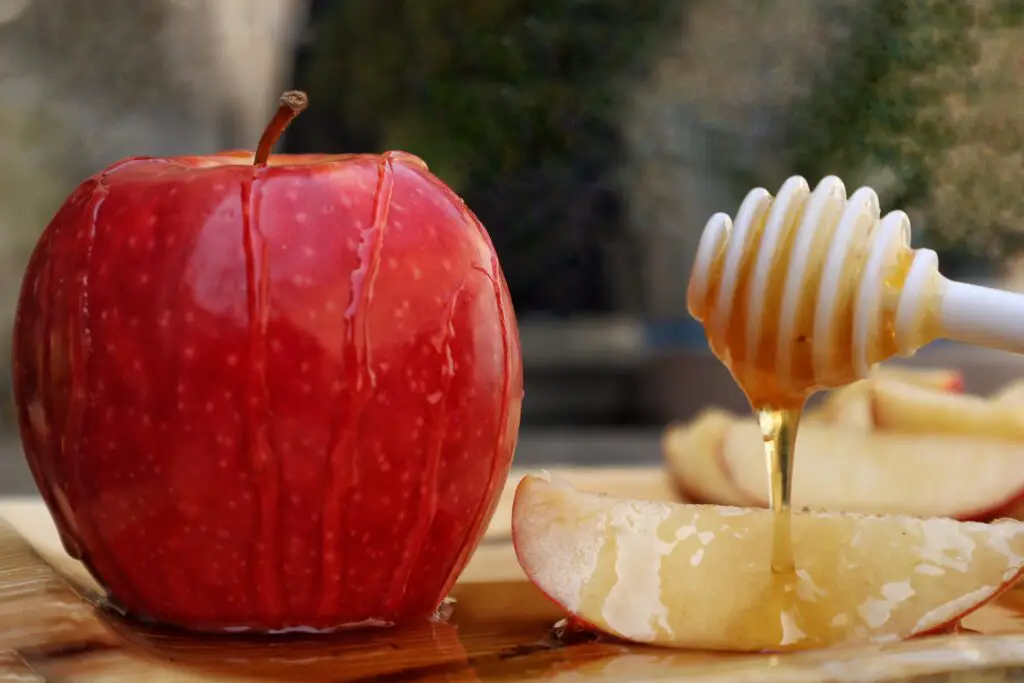
Apples have been viewed as symbols of knowledge, temptation, and magic throughout history. In Norse mythology, apples were believed to provide immortality, consumed by the gods to maintain their youth. In ancient Greece, apples were often used in rituals to invoke love and desire, and they were thought to have the power to alter fate.
The fruit’s association with the magical realm was also evident in early Christian traditions, where the apple was the symbol of Eve’s temptation in the Garden of Eden. Despite this, apples were also revered for their healing properties, often used in potions and remedies. Their enchanting allure has made apples a symbol of both danger and divine power across cultures.
13. Seaweed
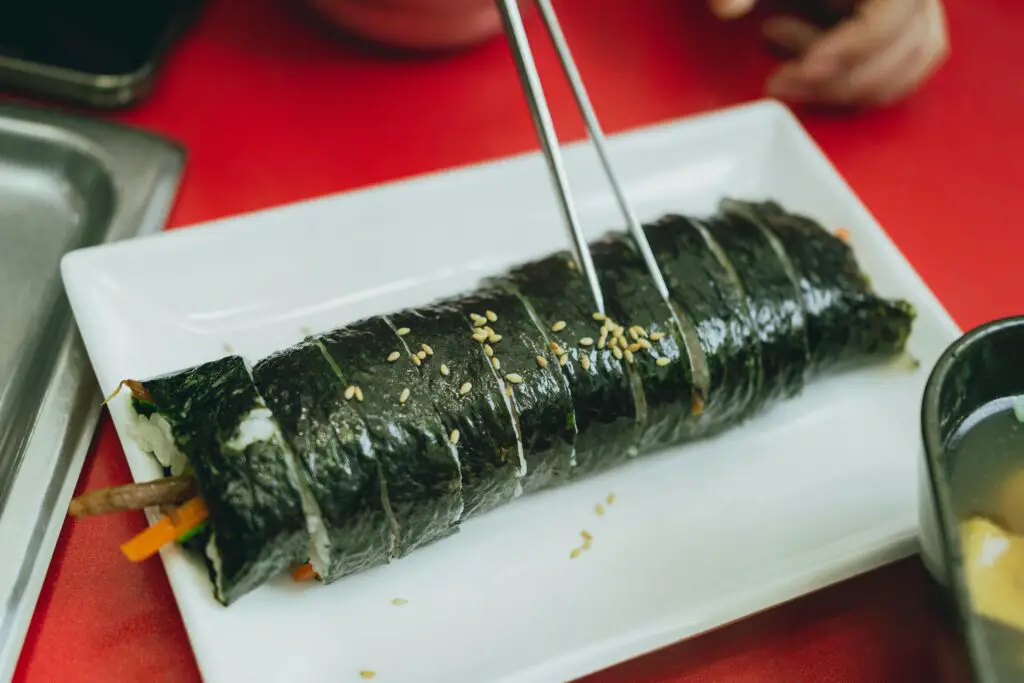
In ancient Japan and other coastal regions, seaweed was believed to hold magical properties that connected people to the sea and the spirits within it. Seaweed, often used in religious rituals, was seen as a gift from the ocean, capable of protecting sailors and ensuring their safe return. In Chinese traditions, seaweed was thought to have the power to rejuvenate the body and prolong life.
Seaweed was also believed to attract wealth and prosperity. Its high nutritional value made it a prized food source, and it was often included in rituals to bring good fortune and success. The mystical qualities of seaweed, tied to both its physical benefits and spiritual significance, have kept it revered in many cultures for centuries.
